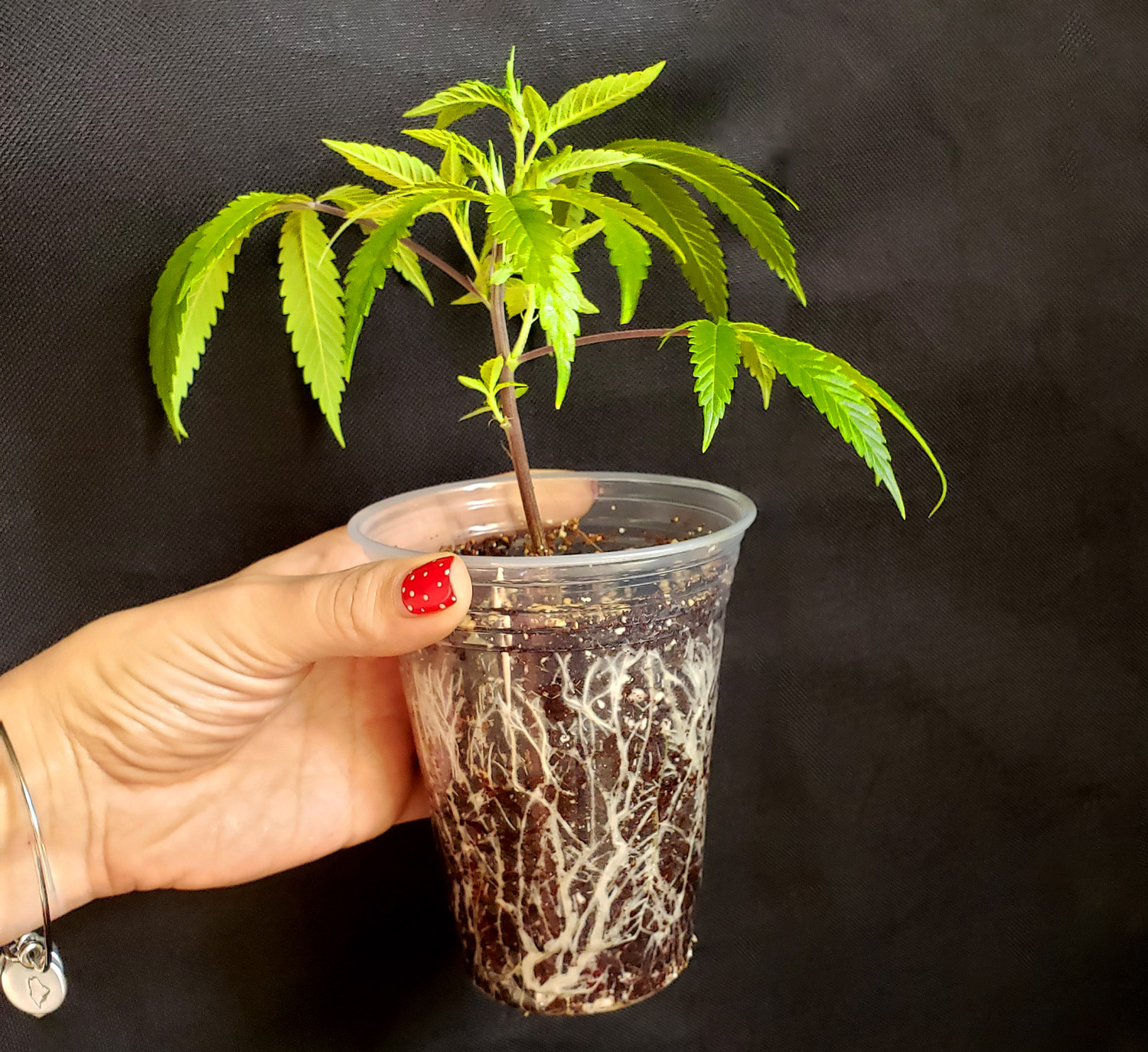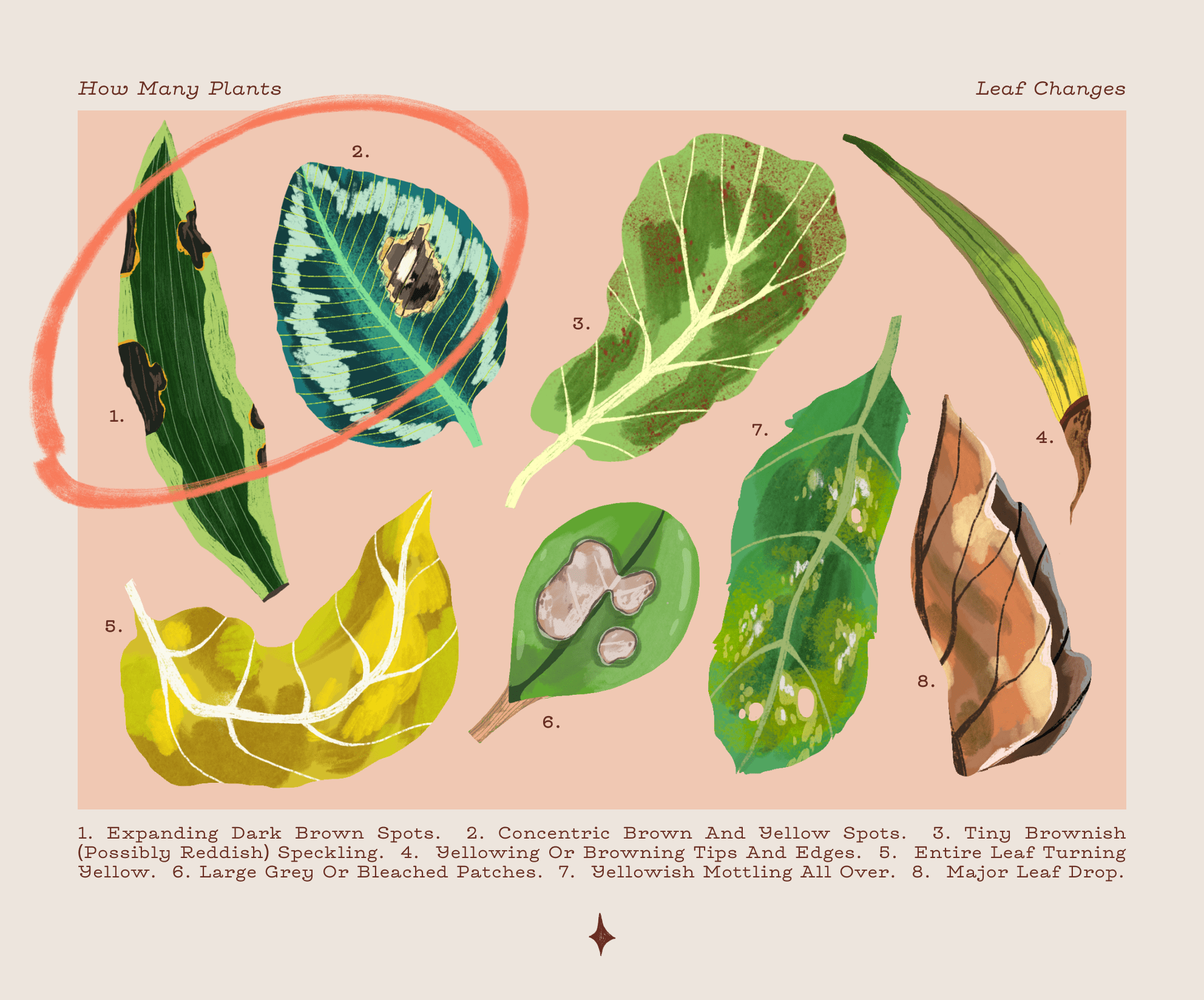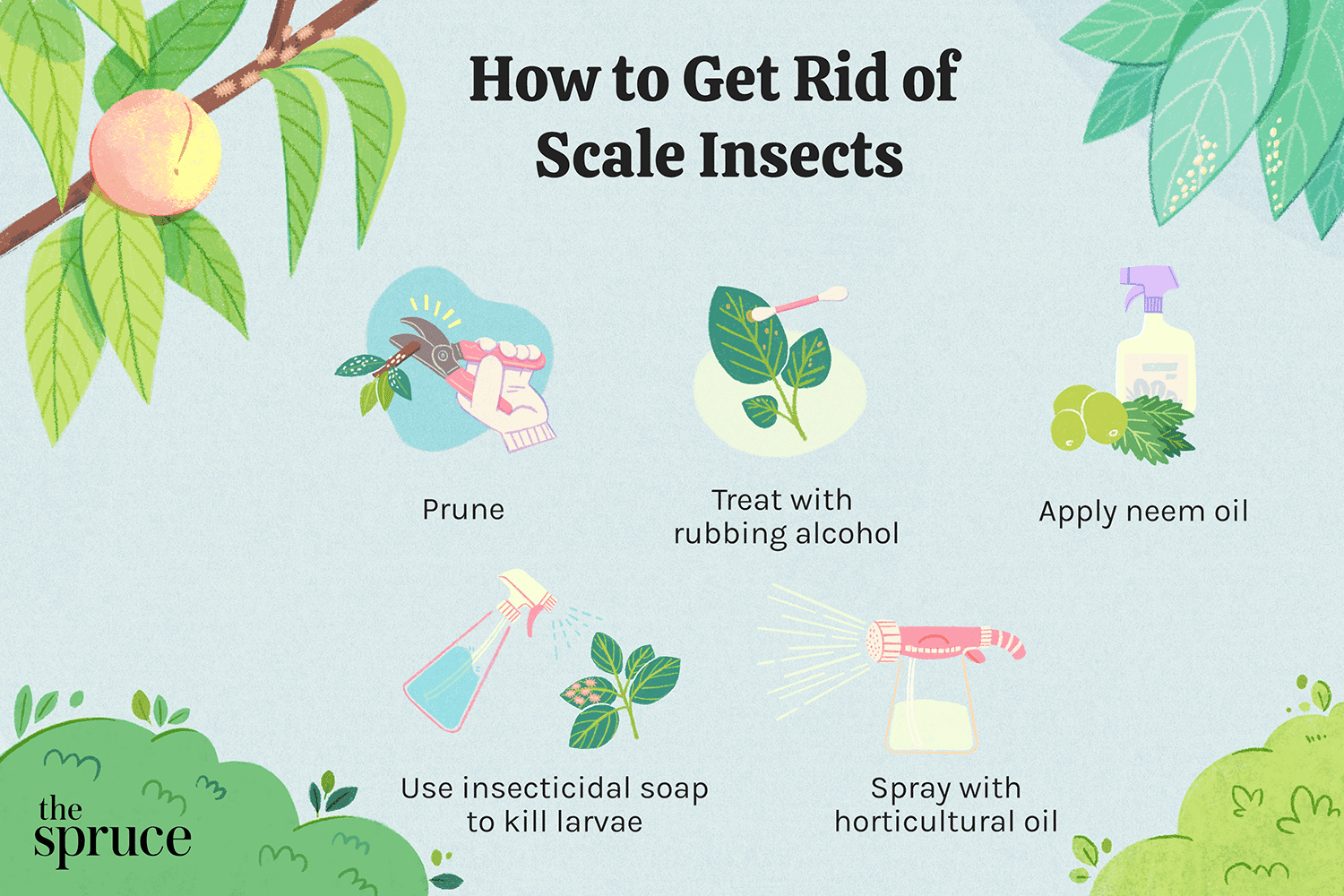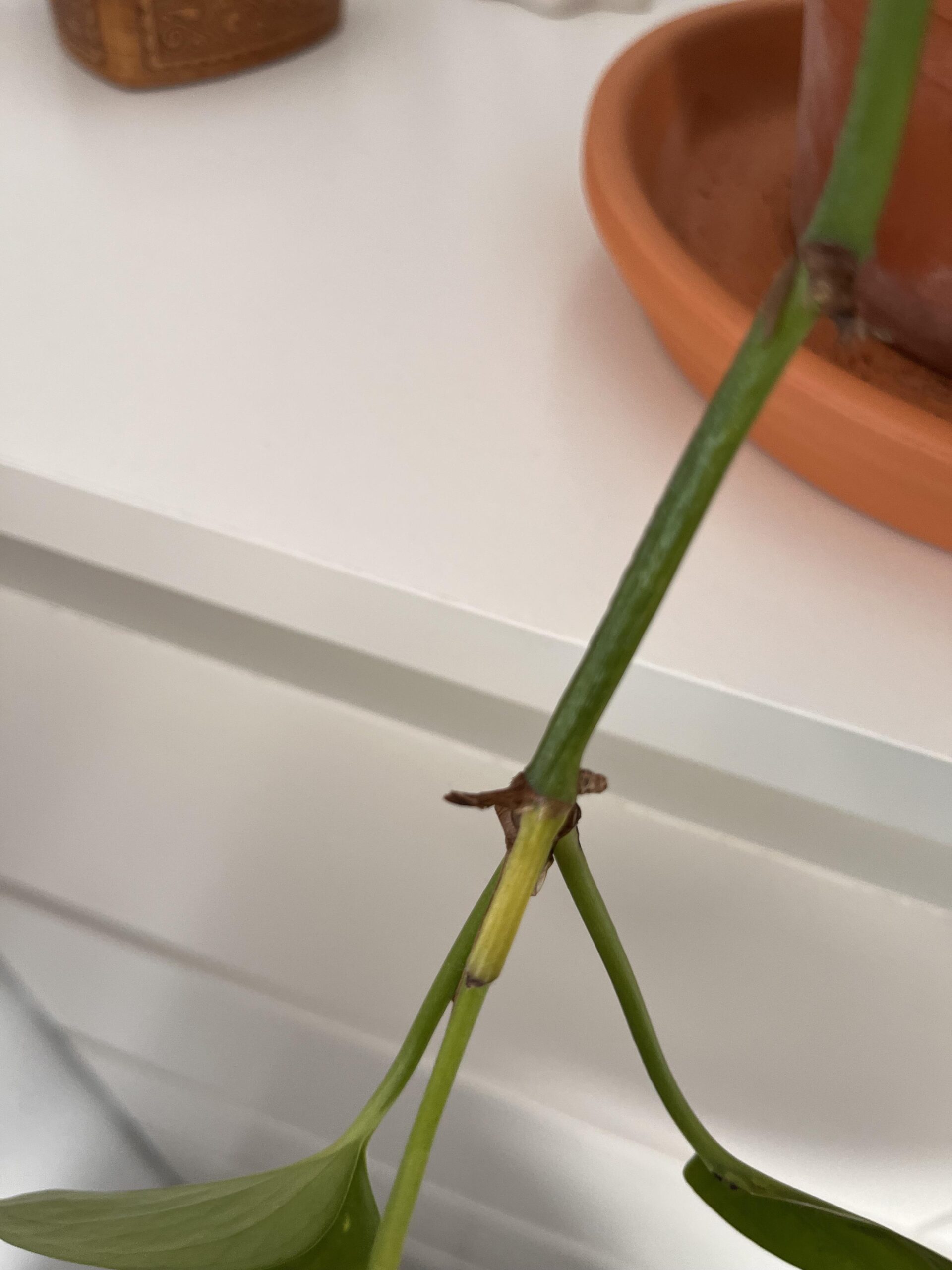Why does my plant have slow root growth?
Root growth is crucial for the overall health and development of your plants. Slow root growth can be a concerning issue, as it may indicate underlying problems that need to be addressed. Understanding the reasons behind slow root growth can help you take the necessary steps to promote healthy root development and ensure the well-being of your plants.
Pot-bound roots
One common reason for slow root growth is pot-bound roots. When a plant has outgrown its container, the roots can become crowded and tangled, making it difficult for the plant to absorb nutrients and water effectively. This can lead to stunted growth and poor overall health. To address pot-bound roots, consider repotting your plant into a larger container with fresh, well-draining soil. This will provide your plant with the space it needs to allow its roots to grow freely and thrive.
Poor soil quality
The quality of the soil in which your plant is grown can significantly impact root growth. Poor soil quality, such as compacted or nutrient-deficient soil, can hinder root development and limit the plant’s ability to absorb essential nutrients and water. To improve soil quality, consider amending the soil with organic matter, such as compost or aged manure. This will help loosen the soil, improve drainage, and provide your plant with the nutrients it needs to support healthy root growth.
Inadequate watering
Proper watering is essential for promoting root growth. Inadequate watering can lead to dry, compacted soil, which can restrict root growth and prevent the plant from accessing the moisture it needs to thrive. On the other hand, overwatering can lead to waterlogged soil, which can suffocate the roots and cause them to rot. To ensure proper watering, water your plants consistently and thoroughly, allowing the soil to dry out slightly between waterings to prevent waterlogged conditions.
Lack of sunlight
Sunlight is essential for photosynthesis, the process by which plants produce the energy they need to grow and develop. Without an adequate amount of sunlight, plants may struggle to produce enough energy to support healthy root growth. If your plant is not receiving enough sunlight, consider moving it to a brighter location or supplementing with artificial grow lights to ensure it gets the light it needs to thrive.
Pest infestations
Pests such as root-knot nematodes, root weevils, and root aphids can damage plant roots and inhibit healthy root development. Signs of pest infestations may include wilting, yellowing leaves, and stunted growth. To prevent and control pest infestations, regularly inspect your plants for signs of pests, and take appropriate measures to eliminate them, such as using organic pest control solutions or introducing beneficial insects to your garden.
Conclusion
Slow root growth can be a sign of underlying issues that need to be addressed to ensure the health and well-being of your plants. By understanding the reasons behind slow root growth and taking proactive measures to promote healthy root development, you can help your plants thrive and grow to their full potential. Remember to provide your plants with the proper care, including repotting when necessary, improving soil quality, watering consistently, ensuring adequate sunlight, and preventing pest infestations, to support healthy root growth and overall plant health.



